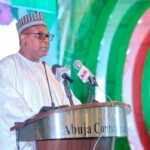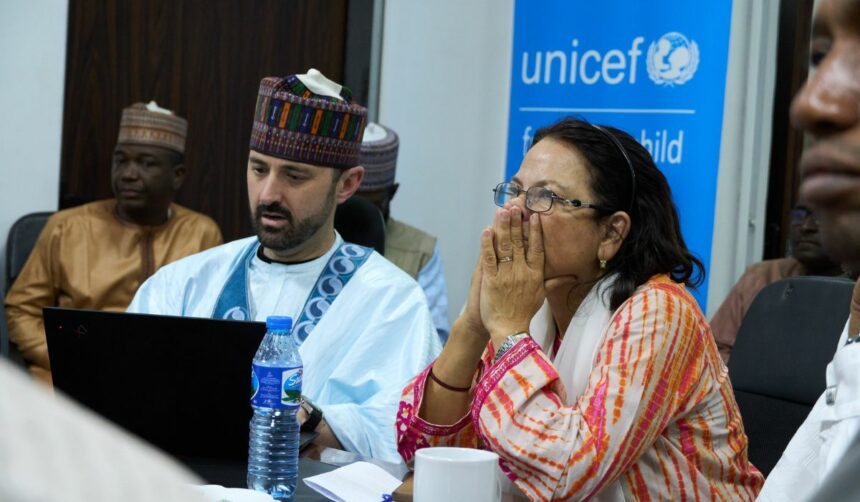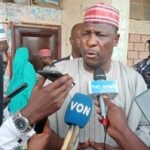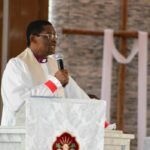To address the challenges posed by the conflicts in Northeast Nigeria, the United Nations Children’s Fund (UNICEF) has constructed a clinic with medical supplies worth $179,000.
The new health facility, named the Hajj Transit Camp Primary Health Care Centre (PHCC), was officially handed over to the Borno State Government.
Phuong T. Nguyen, the Chief of the UNICEF Maiduguri Field Office, highlighted the impact of the violent conflicts on health services delivery, stating that a quarter of health facilities in the region had been destroyed or rendered non-functional.
He said: “The shortage of health workers, medical equipment, and essential supplies has hindered the delivery of quality health services to affected communities.
“The newly built clinic is strategically located in the Hajj Transit Camp, an area that has experienced overcrowding, outbreaks of diseases such as measles and cholera, and adverse conditions affecting women and children.
“The health facility aims to enhance the accessibility of quality healthcare for families affected by armed conflict.”
Funded by the German Development Bank (BMZ&KFW), the health facility is designed to provide essential primary healthcare services, focusing on vulnerable groups such as newborns, pregnant women, and children in transit.
Equipped with basic medical tools, furniture, and an alternative power supply source (solar), the clinic is geared towards ensuring 24-hour service availability.
Dr. Bukar Tijjani, the Secretary to the Borno State Government, expressed gratitude for UNICEF’s timely intervention and emphasized the new clinic’s positive impact on alleviating the suffering of those residing in the Hajj camp.
He said the initiative underscores UNICEF’s commitment to addressing the healthcare challenges arising from the protracted conflicts in the northeast.










